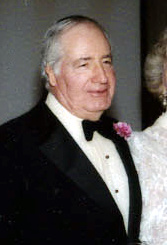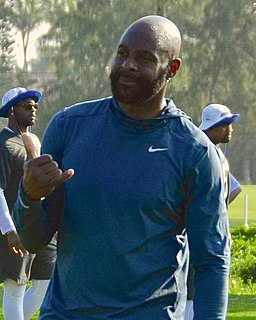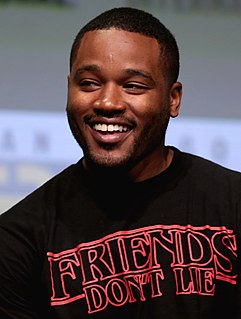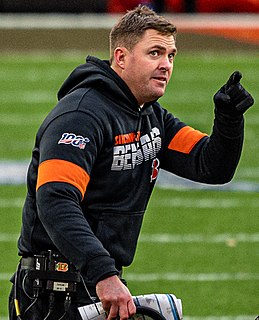A Quote by Betsy DeVos
We knew we had the resources to send our kids to whatever school was best for them.
Related Quotes
All parents want to send their children to the best possible schools. But because a good school is a relative concept, a family cannot achieve its goal unless it outbids similar families for a house in a neighborhood served by such a school. Failure to do so often means having to send your kids to a school with metal detectors at the front entrance and students who score in the 20th percentile in reading and math. Most families will do everything possible to avoid having to send their kids to a school like that. But because of the logic of musical chairs, they're inevitably frustrated.
The public schools in our neighborhood were so bad that the teachers in the school said you shouldn't send your kids here. My mother called around and found a school that was willing to give both me and my brother scholarship money. It's a classic story about black parents wanting more for their kids than they had for themselves.
Kids didn't have huge backpacks when I was their age. We didn't have backpacks at all. Now it seemed all the kids had them. You saw little second-graders bent over like sherpas, dragging themselves through the school doors under the weight of their packs. Some of the kids had their packs on rollers, hauling them like luggage at the airport. I didn't understand any of this. The world was becoming digital; everything was smaller and lighter. But kids at school lugged more weight than ever.
Before playing football, I didn't fit in anywhere. My parents didn't have a lot of money, which they spent on our education to send us to Catholic private school in Oakland, mostly black. The other kids had more money than I did. I started school early; I was young. So I'd come back to my hood and read.
I feel that if I had not had an art program in my school, I would have failed in a big way. My teachers knew I was intelligent, but they didn't quite know how I was ever going to apply that intelligence. The one or two teachers who knew me well knew that it would be through drawing or acting or whatever means of expression I was allowed.
Growing up on a farm, I saw that if I didn't go to the military or go to school, and I knew my mom and my family wasn't going to be able to send me to school out of their pocket, so it basically came down to athletics. I knew I didn't want to work on a farm. I knew I didn't want to do manual labor the rest of my life.




































